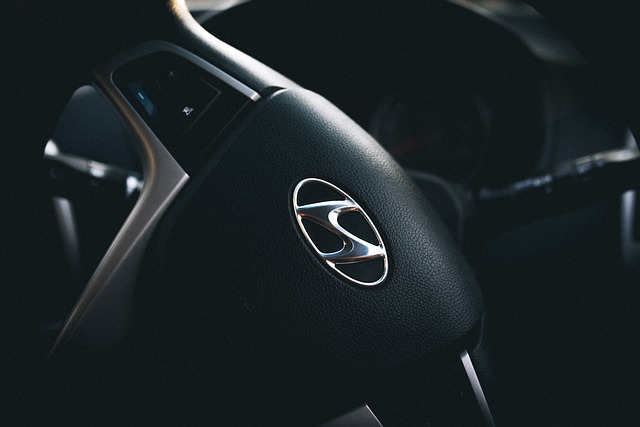As the proud owner of a Hyundai, ensuring the longevity of your vehicle is paramount. Regular and thorough Hyundai maintenance not only enhances your driving experience but also prolongs the life of your beloved car. By following a few essential tips tailored for every model, you can unlock the secret to a reliable and efficient ride for years to come.
Main Points
- Understand the importance of regular inspections.
- Keep up with oil changes and filter replacements.
- Monitor tire health and rotation schedules.
- Don’t overlook brake system maintenance.
- Stay informed about software updates for your model.

Essential Hyundai Maintenance Schedule: Keeping Your Vehicle in Prime Condition
Owning a Hyundai is a rewarding experience, yet proper maintenance is vital for longevity and performance. An organized schedule ensures your vehicle remains reliable. Here’s a simplified outline to guide you:
- Oil Change: Change oil every 5,000 miles or 6 months.
- Tire Rotation: Rotate tires every 6,000 miles to promote even wear.
- Brake Inspection: Check brakes every 10,000 miles for optimal safety.
- Fluid Levels: Regularly inspect coolant, transmission, and brake fluids.
Following this schedule preserves your Hyundai’s value and ensures a safe driving experience. Remember, being proactive is key!

Top 5 Common Hyundai Issues and How Regular Maintenance Can Prevent Them
Hyundai vehicles, while generally reliable, can face some common issues, particularly if neglected. Regular maintenance is crucial in minimizing risks. First, engine problems can arise from poor oil changes. Second, transmission issues often stem from fluid neglect. Third, brake wear may increase without timely inspections. Additionally, electrical failures can occur due to frayed wires. Lastly, tire wear and alignment issues might emerge without proper rotations. Addressing these common troubles through consistent maintenance can save both time and money.
Preventive Measures Table
| Issue | Preventive Measure |
|---|---|
| Engine Problems | Regular Oil Changes |
| Transmission Issues | Fluid Checks |
| Brake Wear | Frequent Inspections |
| Electrical Failures | Wiring Checks |
| Tire Wear | Regular Rotations |
The Importance of Genuine Hyundai Parts: Ensuring Longevity and Performance
When it comes to your Hyundai, opting for genuine parts plays a pivotal role in maintaining its performance. Authentic components are specifically designed for compatibility, promoting not only efficiency but also longevity. Using non-genuine parts may initially seem cost-effective, yet it can ultimately lead to unforeseen repairs, compromising your vehicle’s overall health.
Conclusion
As we wrap up our discussion, it’s clear that regular Hyundai maintenance plays a crucial role in ensuring your vehicle operates at its best. Neglecting this essential aspect can lead to unforeseen issues down the line, which no one wants to deal with. By staying proactive with maintenance, you not only enhance your car’s performance but also extend its lifespan. In conclusion, taking the time to invest in proper upkeep pays off significantly, both in terms of safety and overall driving experience. So, let’s prioritize Hyundai maintenance and enjoy the journey ahead.
Frequently Asked Questions
How often should I perform maintenance on my Hyundai?
It is recommended to follow the maintenance schedule outlined in your owner’s manual, which typically suggests service every 6,000 miles or 6 months, whichever comes first.
What types of maintenance services should I regularly perform on my Hyundai?
Regular maintenance services include oil changes, filter replacements, tire rotations, brake inspections, and fluid checks. It’s also important to keep an eye on the timing belt or chain replacement as recommended.
Where can I get my Hyundai maintained?
You can get your Hyundai maintained at authorized Hyundai dealerships or certified repair shops. Always ensure that the service location has qualified technicians familiar with Hyundai vehicles.

